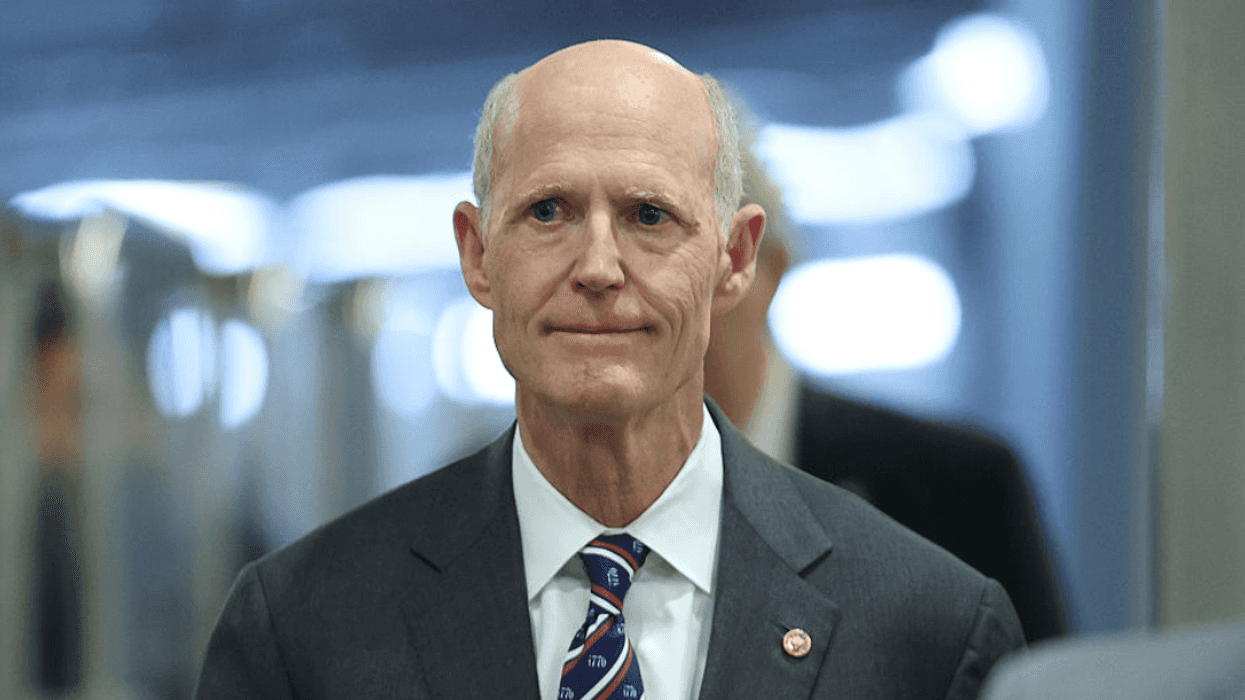In two tweets issued earlier today, President Donald Trump, without providing evidence, denied that 3,000 people died in the aftermath of Hurricane Maria in Puerto Rico.
This follows Trump's claims earlier this week that Puerto Rico was "one of the best" and was an "unsung" success for the administration:
How does the President justify this claim?
First by citing Puerto Rico's "island nature" and then by claiming:
"And when the storm hit, they had no electricity — essentially before the storm," Trump said. "And when the storm hit, that took it out entirely."
So when House Speaker Paul Ryan (R-WI) was asked to comment on Trump's claim that 3,000 people were not in fact killed as a result of the hurricane, instead of condemning Trump for the dubious and offensive claim, he instead took the President's lead and gave him a pass for the very same reasons.
While Ryan acknowledged that he "has no reason to dispute" the official death toll attributed to Hurricane Maria's devastation in Puerto Rico, he echoed Trump's suggestion that the island's inaccessibility resulted in such a great loss of human life.
"Casualties don’t make a person look bad, so I have no reason to dispute these numbers," Ryan told reporters when asked about Trump's tweet blaming Democrats for the death toll.
"It’s an isolated island that lost its infrastructure and power for a long time."
More troublingly, Ryan, while repeating Trump's claim that the island is "isolated," suggested that the administration could not bear the responsibility for the disaster, saying, "I’ll just say what I just said, which is there is no reason to dispute these numbers. This is a devastating storm that hit an isolated island. And that’s really no one’s fault. It’s just what happened."
You can watch his comments below:
Ryan was soon savaged for his response, which Ronald Brownstein, a senior editor for The Atlantic, described as "the perfect encapsulation of [Ryan's] utter abandonment of oversight role & any effort to hold Trump accountable."
Steve Vladeck, a professor at the University of Texas Austin School of Law, pointed out that claims that the island is "isolated" or "inaccessible" are grossly inaccurate. Puerto Rico is not only closer to the mainland than Hawaii, it is also roughly the size of Connecticut and has a population greater than many of the 50 states, including the mainland.
Gary Alexander, a Ph.D. student in the History Department of the University of Kansas, pointed out that, contrary to both Trump's and Ryan's claims that the island is isolated, Puerto Rico "has three international airports, a former naval air station, and a major seaport."
Additionally, The Puerto Rico Tourism Company, a San Juan promoter for tourism on the island, reported earlier this year that tourism is on the rebound, with many hotels "at or near 100% occupancy during the holiday weekend that began on March 30" for those celebrating Easter, Passover, and spring break vacations.
The Trump administration was plagued by scandals related to its response to the storm, however, as Second Nexus pointed out earlier this week:
The awarding of the multimillion dollar electrical restoration contract to a company with no disaster experience that belonged to a friend of a cabinet member brought allegations of corruption and cronyism. The official death toll remains unresolved. And getting into Twitter feuds with both the Governor of Puerto Rico and the mayor of San Juan hurt the Trump administration’s public image.
The president was also derided as callous and insensitive for an appearance during which he tossed paper towels into a crowd of hurricane victims.
A POLITICO investigation found the Trump administration’s response to Hurricanes Harvey and Irma (which last year struck Texas and Florida respectively) was “faster and greater, at least initially” than its response to Hurricane Maria:
No two hurricanes are alike, and Harvey and Maria were vastly different storms that struck areas with vastly different financial, geographic and political situations. But a comparison of government statistics relating to the two recovery efforts strongly supports the views of disaster-recovery experts that FEMA and the Trump administration exerted a faster, and initially greater, effort in Texas, even though the damage in Puerto Rico exceeded that in Houston.
San Juan Mayor Carmen Yulin Cruz, whom Trump called "incompetent," has made numerous headlines this week for her harsh rebukes of the president, including in tweets she issued this morning, one of which calls the president's "LACK OF RESPECT APPALLING!"
Earlier this afternoon, Representative Gerald Connolly of Virginia said that if Democrats win back the House in this year's midterms, they will investigate the "failures of FEMA and the response of the administration" after Hurricane Maria in Puerto Rico.







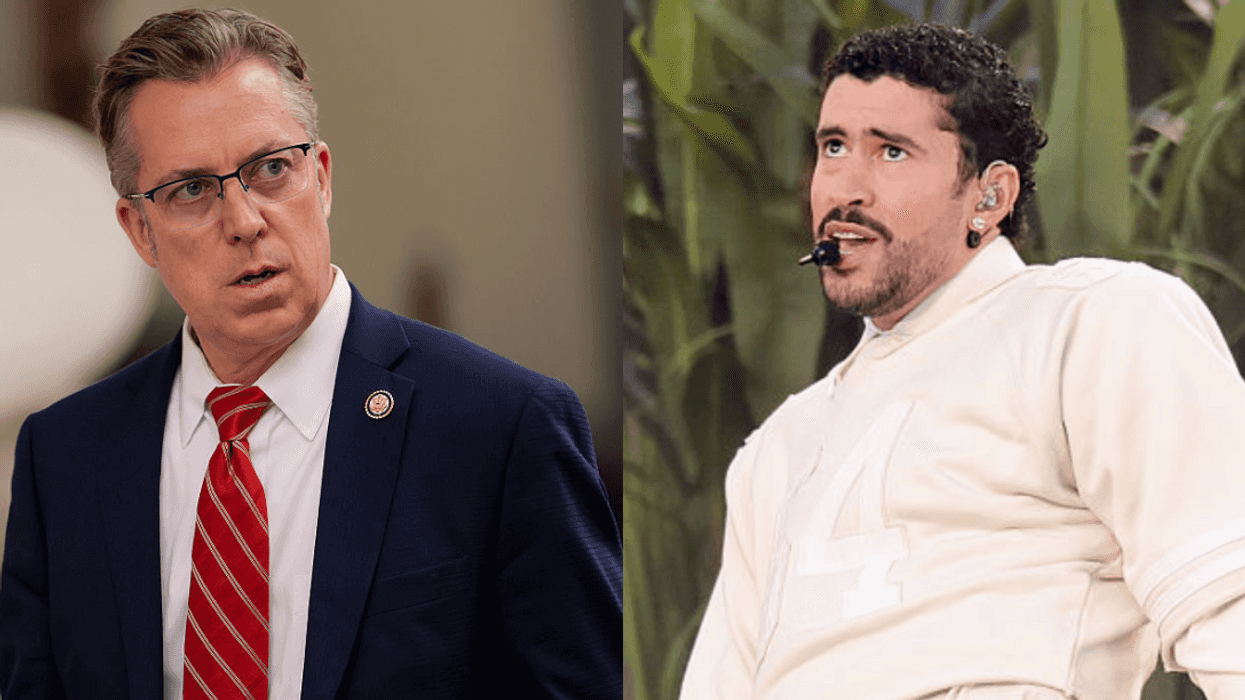
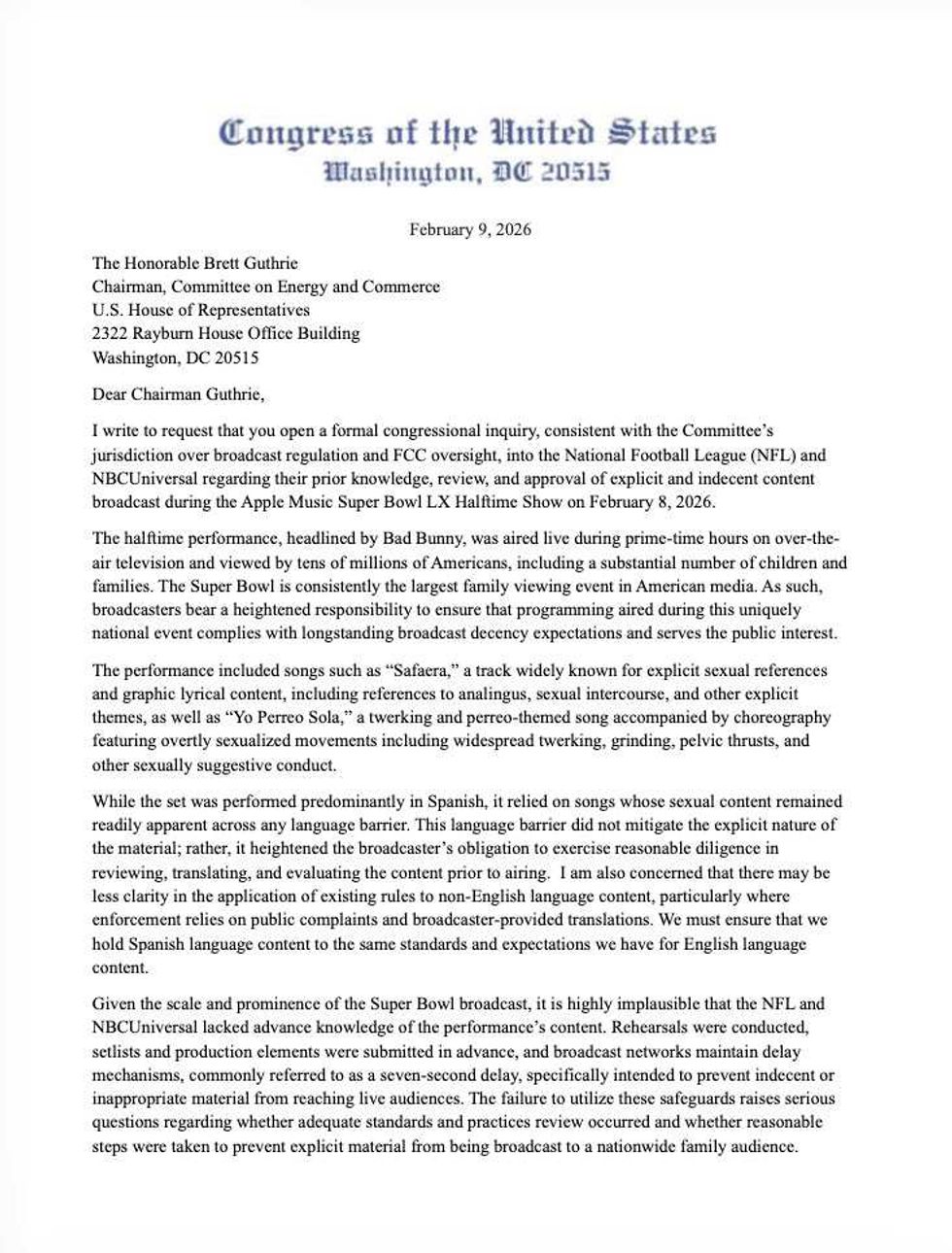 @RepOgles/X
@RepOgles/X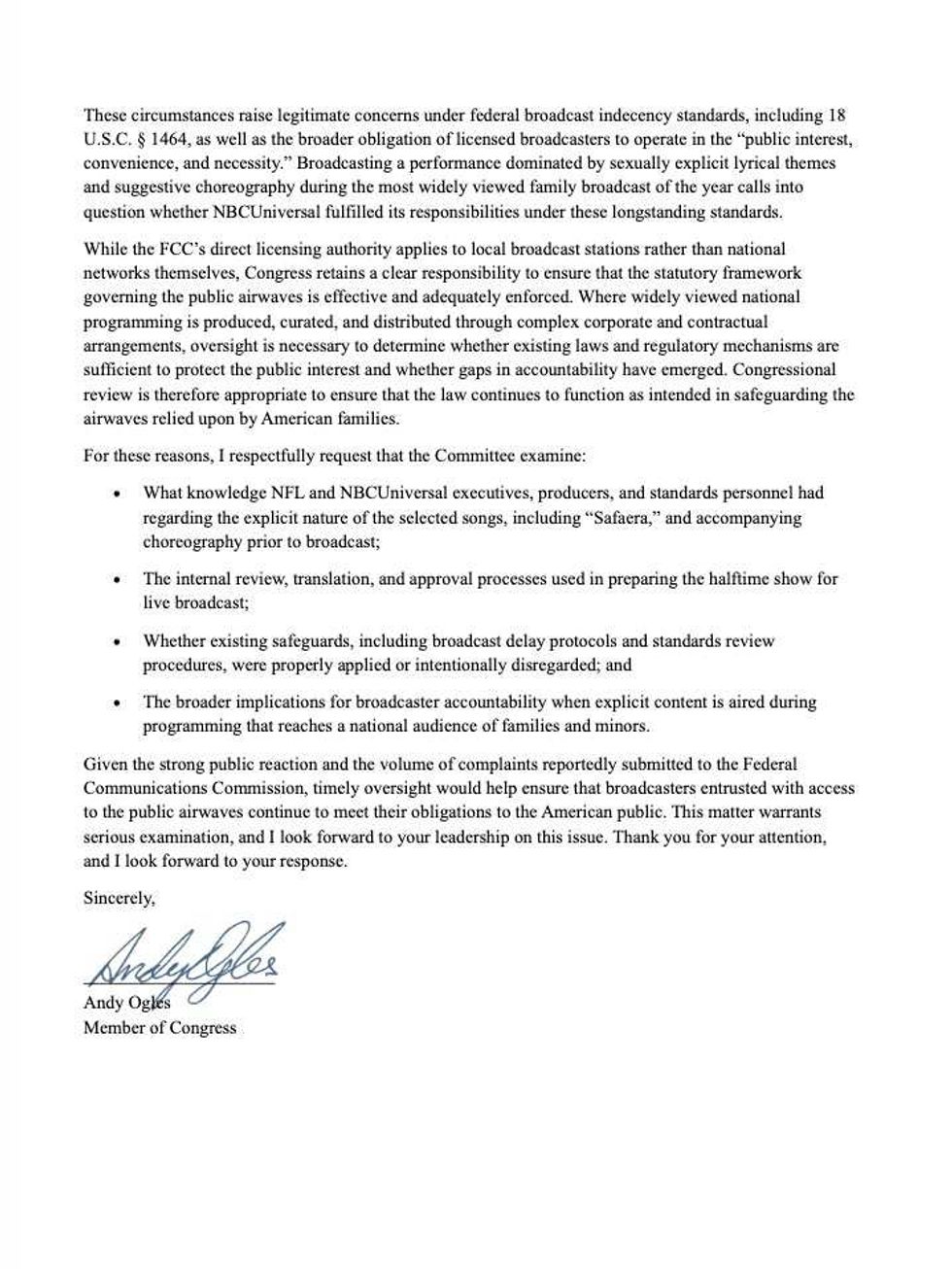 @RepOgles/X
@RepOgles/X





 @chrisbrownofficial/Instagram
@chrisbrownofficial/Instagram u/oatlatt/Reddit
u/oatlatt/Reddit u/LoveTheAhole/Reddit
u/LoveTheAhole/Reddit u/SoFetch89/Reddit
u/SoFetch89/Reddit u/00trysomethingnu/Reddit
u/00trysomethingnu/Reddit u/kittybuscemi/Reddit
u/kittybuscemi/Reddit u/___nic/Reddit
u/___nic/Reddit u/WaterMagician/Reddit
u/WaterMagician/Reddit u/west-brompton/Reddit
u/west-brompton/Reddit u/GhostlySpinster/Reddit
u/GhostlySpinster/Reddit u/Asleep_Tap6199/Reddit
u/Asleep_Tap6199/Reddit u/afreudtolove/Reddit
u/afreudtolove/Reddit u/myfriendtoldmetojoin/Reddit
u/myfriendtoldmetojoin/Reddit
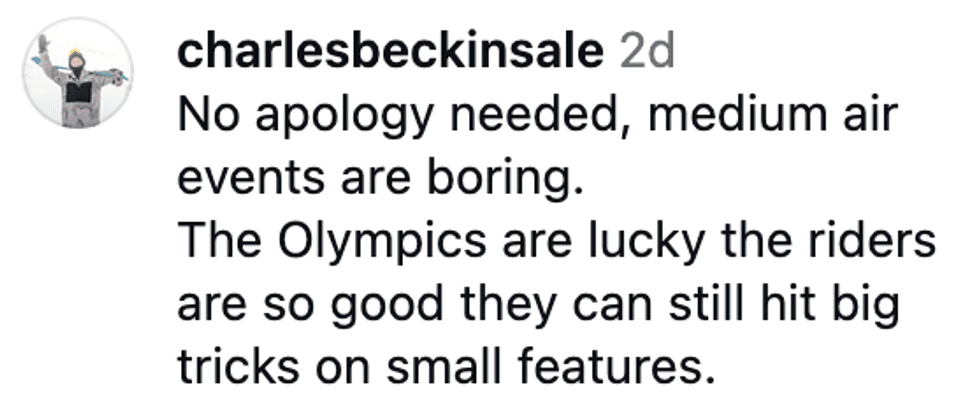 @charlesbeckinsale/Instagram
@charlesbeckinsale/Instagram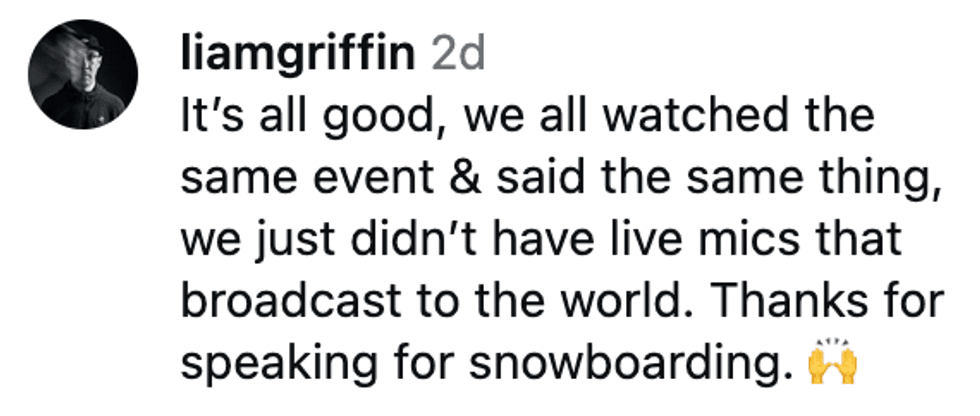 @liamgriffin/Instagram
@liamgriffin/Instagram @valentinoguseli/Instagram
@valentinoguseli/Instagram @17is/Instagram
@17is/Instagram @torahbright/Instagram
@torahbright/Instagram @mcfetridge/Instagram
@mcfetridge/Instagram @colleenquigley/Instagram
@colleenquigley/Instagram @jonathanwaynefreeman/Instagram
@jonathanwaynefreeman/Instagram
 @amberglenniceskater/Instagram
@amberglenniceskater/Instagram